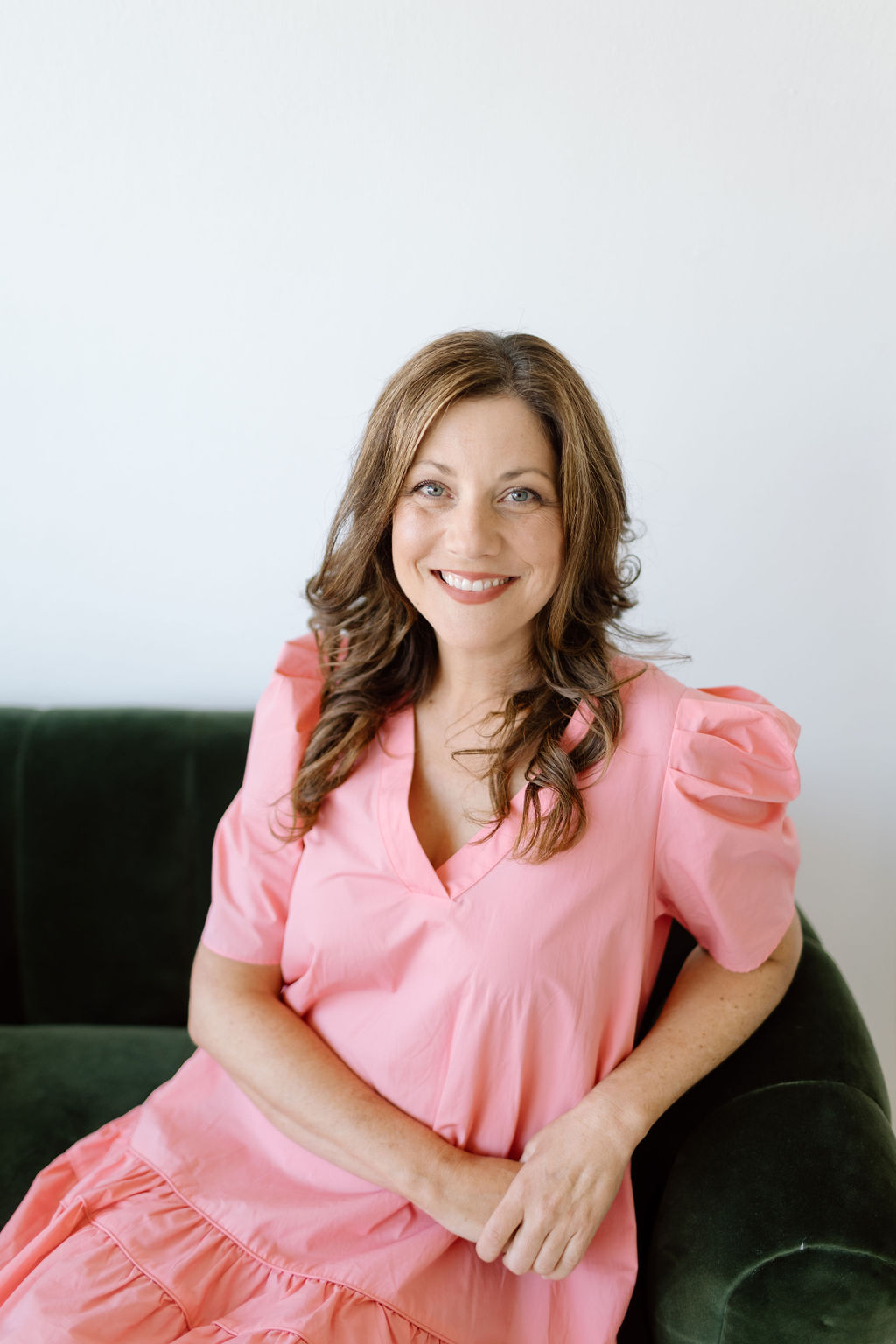We’re excited to introduce you to the always interesting and insightful Holly Schreiber. We hope you’ll enjoy our conversation with Holly below.
Holly , thanks for taking the time to share your stories with us today One of the most important things we can do as business owners is ensure that our customers feel appreciated. What’s something you’ve done or seen a business owner do to help a customer feel valued?
I’ve worked in the hospitality industry my entire life, and for the past 10 years I’ve owned and operated two all-inclusive wedding venues, while also managing our catering kitchen. I know what it means to wear a lot of hats and be overwhelmed! And, as a business owner, it can be tempting to keep your head down and simply “get things done”, work through the checklist and send a thank you email here and there. But one of the greatest lessons I’ve learned is that the most transformative thing you can do – in any business – is lift your head up and see the people in front of you. Because at its core, hospitality is about making people feel seen, valued, and cared for—and that applies far beyond weddings.
The magic rarely comes from the big, flashy gestures. It’s found in the small, intentional acts that make someone feel truly seen. Listening with empathy, remembering details, and finding creative ways to surprise —that’s where a lasting connection happens.
A recent ‘sweet’ way I’ve seen this in action was at Disney World this past summer. While being shown to our room, a cast member struck up a playful conversation with my six-year-old daughter. In that short seven-minute chat, my daughter shared that we were there to celebrate her birthday. Hours later, we came back from dinner to find a plate of cupcakes with toppings for her to decorate them herself and a handwritten birthday card waiting in our room. It was such a small piece of information for the staff member, but for my daughter—and for me—it was unforgettable. How many times do we as business owners have conversations with others, but we don’t truly listen to them? She was trained to listen – and understood the assignment. For me, I saw my daughter’s pure joy and surprise in that one small gesture. We were cared for in a way that went far beyond a transaction, and that will live forever in our memory.
I really think that’s the essence of hospitality: going beyond expectations, not with extravagance, but with thoughtfulness. It’s creating moments that live on long after the experience is over. When you choose to lead with service and see every customer as a human being worth celebrating, you don’t just build a business—you build loyalty, trust, and memories that people carry with them forever.
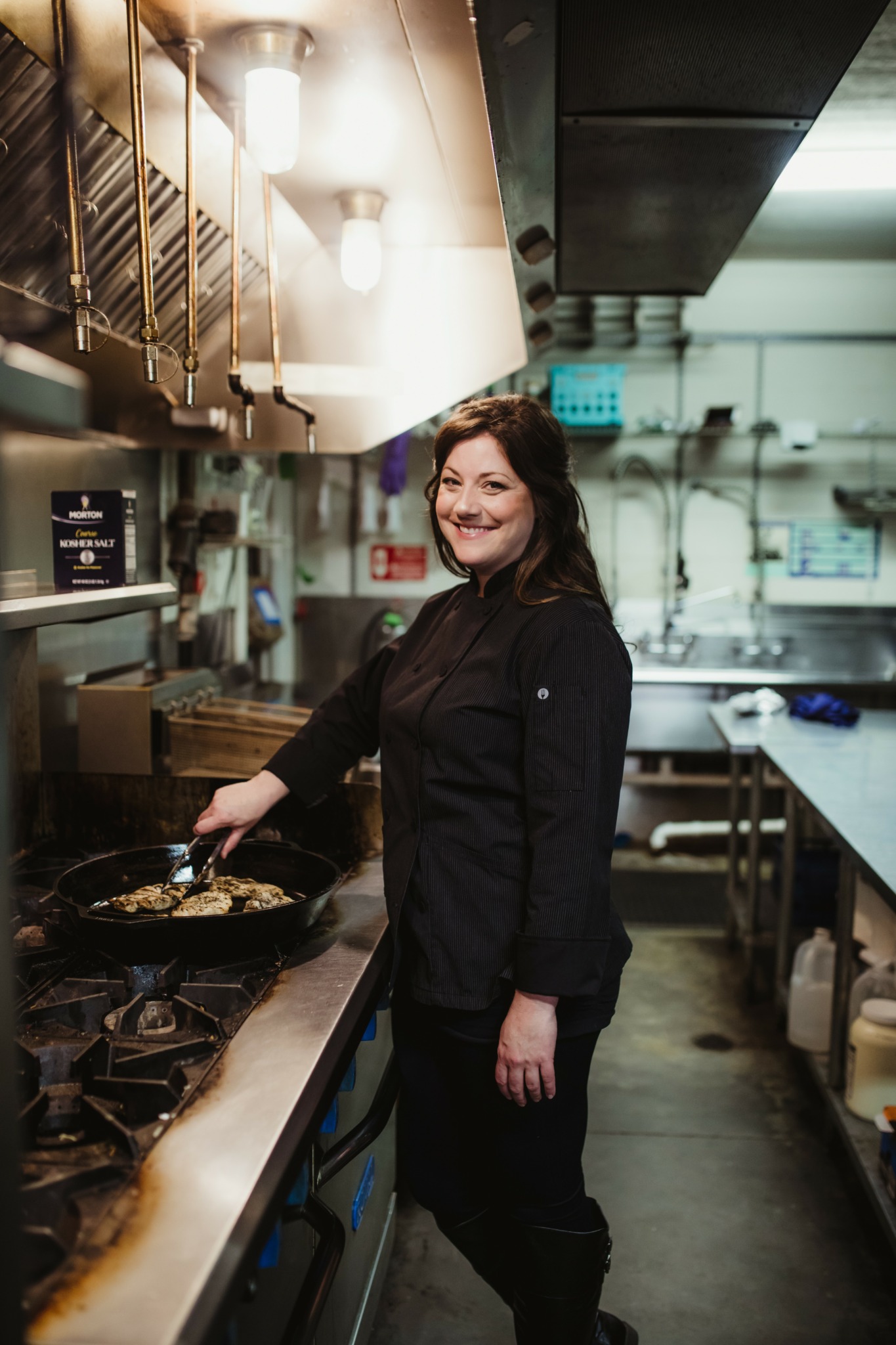
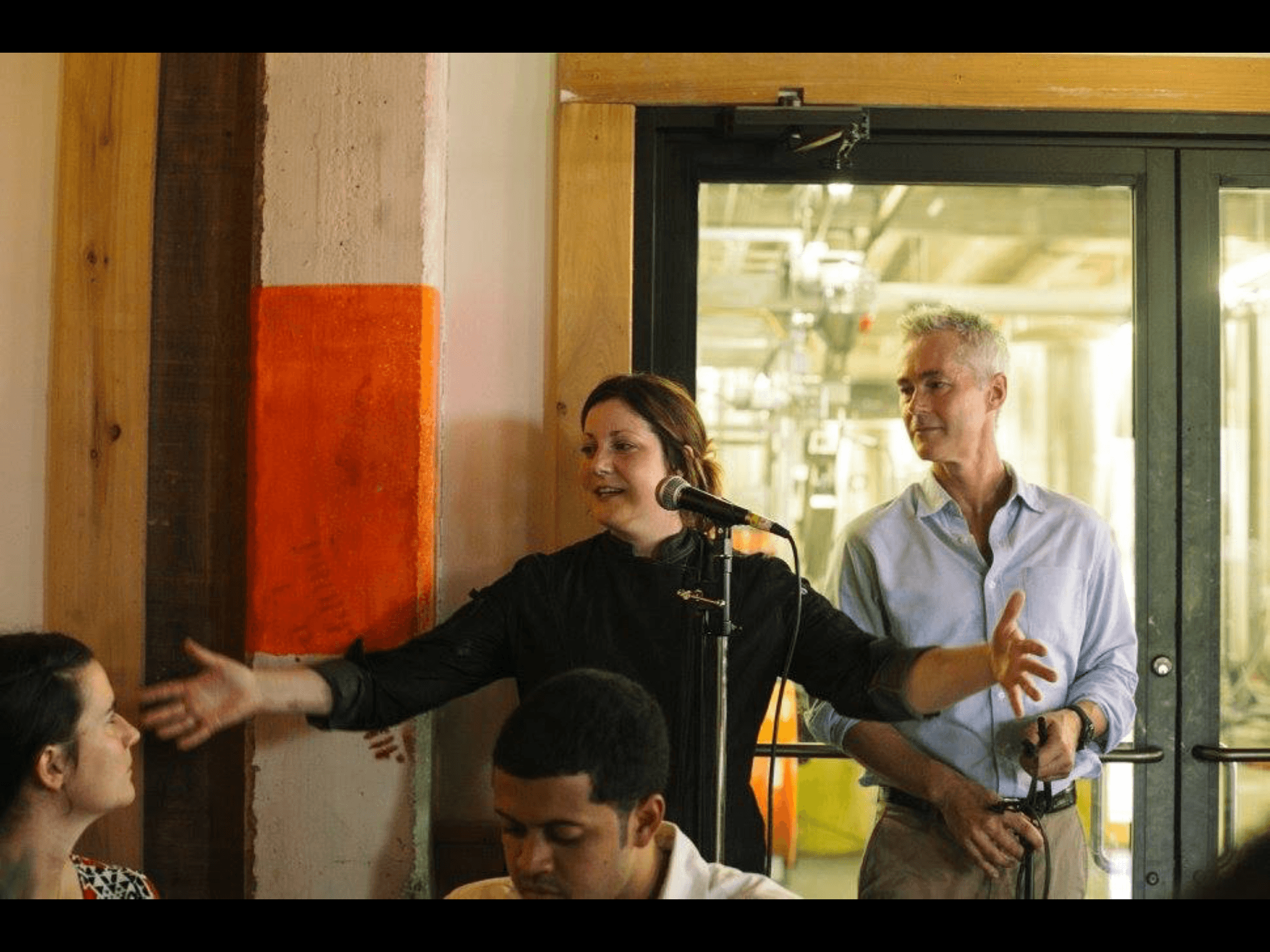
Holly , before we move on to more of these sorts of questions, can you take some time to bring our readers up to speed on you and what you do?
I definitely took the “long way around” to get where I am today! I’m the true story of arriving late to the party.
I started out studying interior design in college—but the irony is I was actually paying my way through school by catering events on campus. It didn’t click until a friend casually said, “You should open a restaurant.” Lightbulb moment. I switched majors, hustled through summer school, and graduated on time—then headed straight to culinary school in NYC.
I loved so many things about working as a professional chef, but I thrived most in food media—writing, developing recipes, and working in test kitchens for TV shows and magazines. It was a total dream. My husband and I lived in Manhattan, and we’d spend our “date nights” sketching out business plans for restaurants, food products, you name it. I was always an entrepreneur at heart, I just didn’t realize that yet! But, when my husband’s job shifted and we left the city, it disrupted my path—and opened the door that led me here.
That door was … weddings! Fourteen years ago, my sister got engaged, and we quickly learned how stressful and fragmented the planning process can be, especially for couples who can’t afford a full-service planner. With our hospitality background, I knew we could do better. That’s when we opened our first wedding venue with one clear goal: to give couples of all budgets access to a beautiful, stress-free wedding day.
We built a system to simplify planning, reduce stress, and manage the chaos—and then we took it one step further by going all-inclusive. That way, we could control the pieces that often derail weddings (food, timeline, vendor coordination) and make sure the couple could actually enjoy their day. The model worked so well we opened a second venue next door. Today, both are consistently booked.
Since then, I’ve expanded into two new businesses: Be a Lovebird, which focuses on coaching and professional development for venues and wedding pros, and For Keeps, a company offering wedding planning tools, subscription boxes, and design kits for everyday couples. My goal is to take the system we built at our venues and make it accessible industry-wide—to revolutionize the way weddings are planned and managed.
We often say the wedding industry can feel like the “wild wild west” of hospitality. In most small-town or mid-market weddings, couples are left to piece everything together while vendors operate in silos. Amid the checklists and chaos, the magic gets lost. What I’m most proud of is that we’ve proven a hybrid, hospitality-driven model works—it brings order to the chaos and restores the joy to the day.
If there’s one thing I want people to know, it’s this: weddings should feel as good as they look. And if we can build this model in a small corner of Louisiana, it can work anywhere.
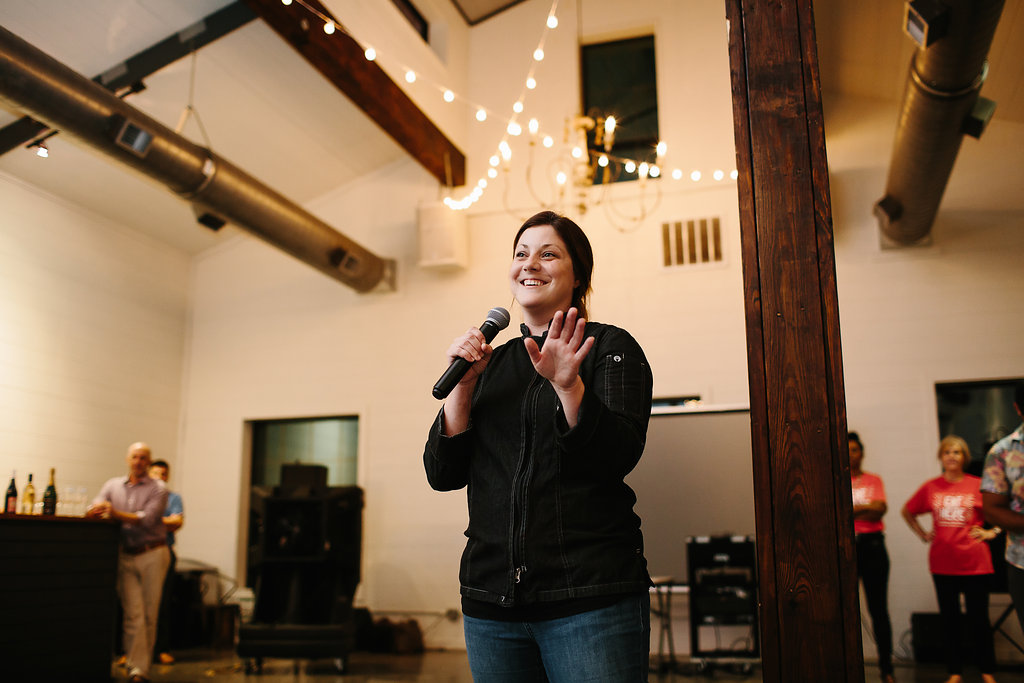
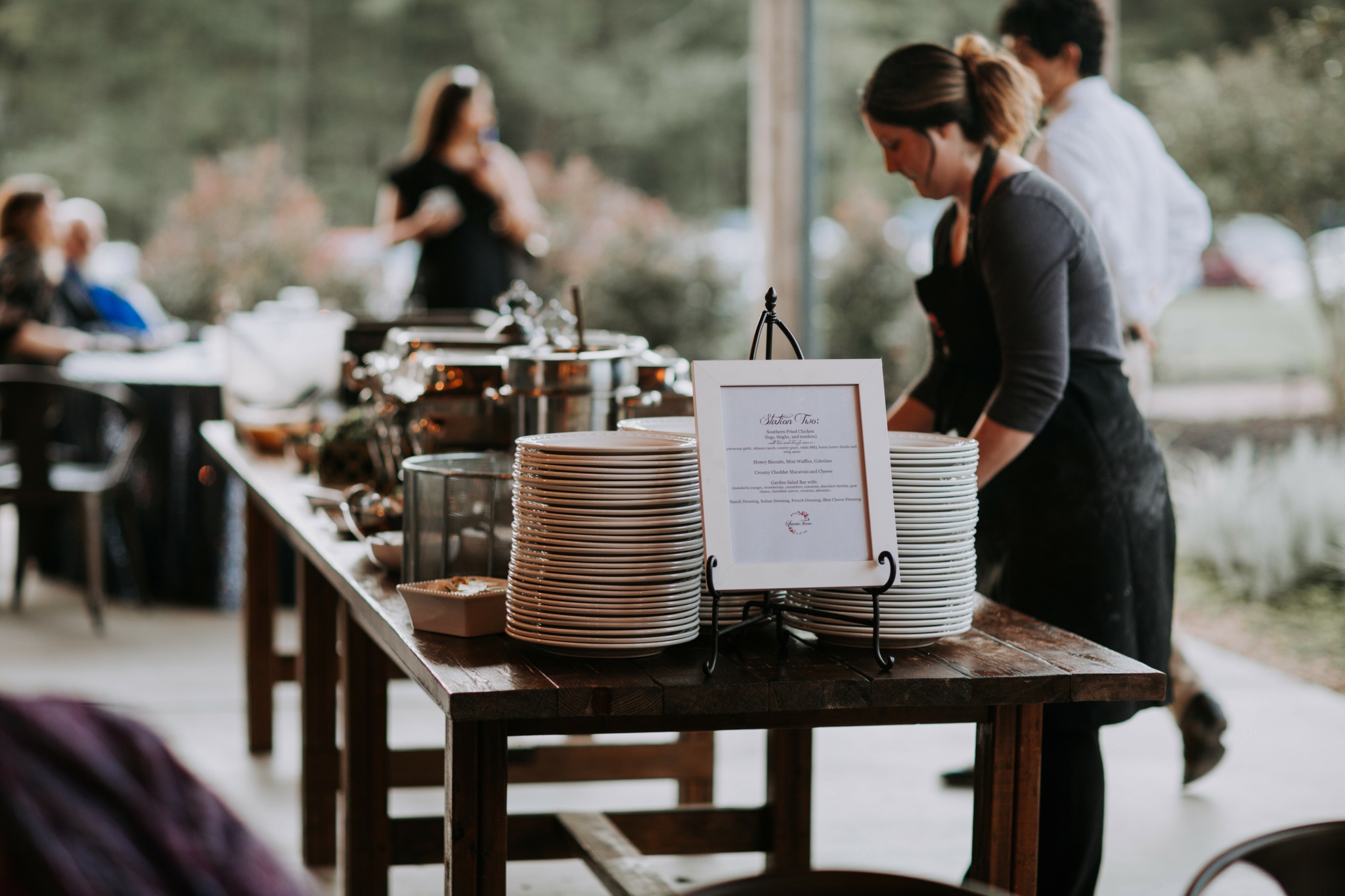
Alright – let’s talk about marketing or sales – do you have any fun stories about a risk you’ve taken or something else exciting on the sales and marketing side?
In the wedding industry, the “rulebook” for marketing is pretty predictable: buy pricey magazine ads, do bridal fairs, cozy up to local planners, and worst of all—give away your services for free at styled shoots just to get a credit line on Insta.
We decided early on that wasn’t for us. Our bet was simple: if we could just get people into our space, what we created for them would speak for itself. The challenge was figuring out how to do that.
So instead of ads, we poured our “marketing dollars” into experiences. We launched a supper club and invited local chefs to cook. We hosted wine tastings, Valentine’s dinners, and “girls’ night out” events where we taught everything from mixing sangria to styling cheeseboards. We leaned into what we knew best: hospitality that felt fun, accessible, and memorable.
The risk? It was a lot of time and energy for events that weren’t paying the bills. But the payoff came fast. The newspaper covered us. Local TV showed up. Tickets started selling out within hours. Soon, writers were knocking on our door. A journalist from Country Roads magazine came to one of our dinners and later named me Best Small Town Chef. Louisiana Cookin’ named me a Chef to Watch the following year – both ending up in multiple features for myself and our venue.
And then came the biggest win: by partnering with our local tourism bureau, we offered our venue for their media tours. We’d host dinners, cocktail hours, and welcome parties for travel writers from all over the country. We didn’t get paid for it—in fact, we often spent our own money to make the evenings special. But it gave us the chance to tell our story directly to the people who tell other people’s stories.
Not long after one of those tours, Southern Living named us one of the top five wedding barns in the country. We were shocked! Turns out, one of their writers had been at the previous tour.
That moment confirmed what I’d always believed: marketing isn’t just ads or Instagram posts. It’s about creating experiences that people remember, talk about, and want to share. If you can think beyond the obvious, you make a lasting impression—and in our case, it literally changed the trajectory of our business.
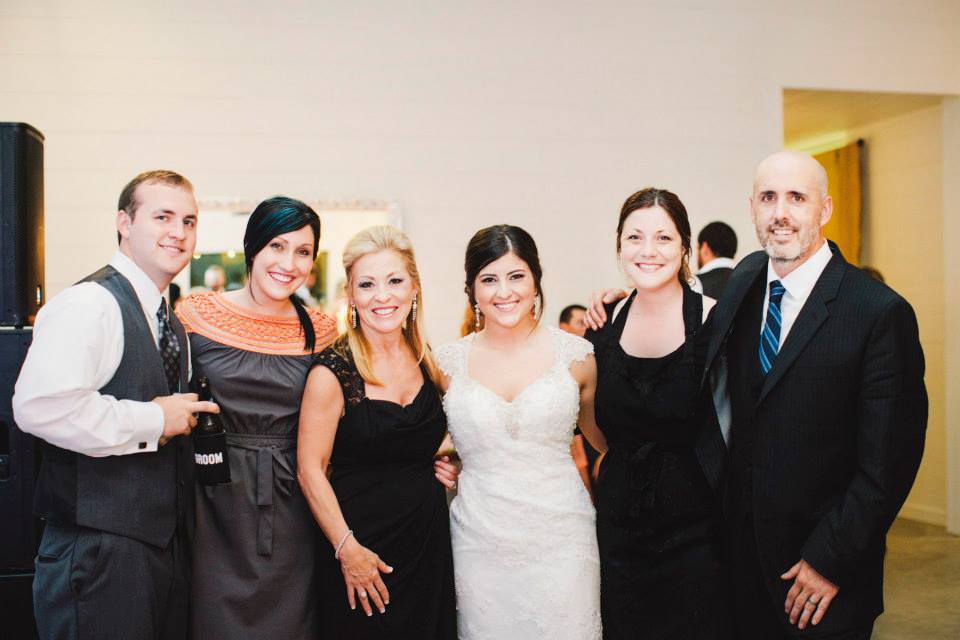
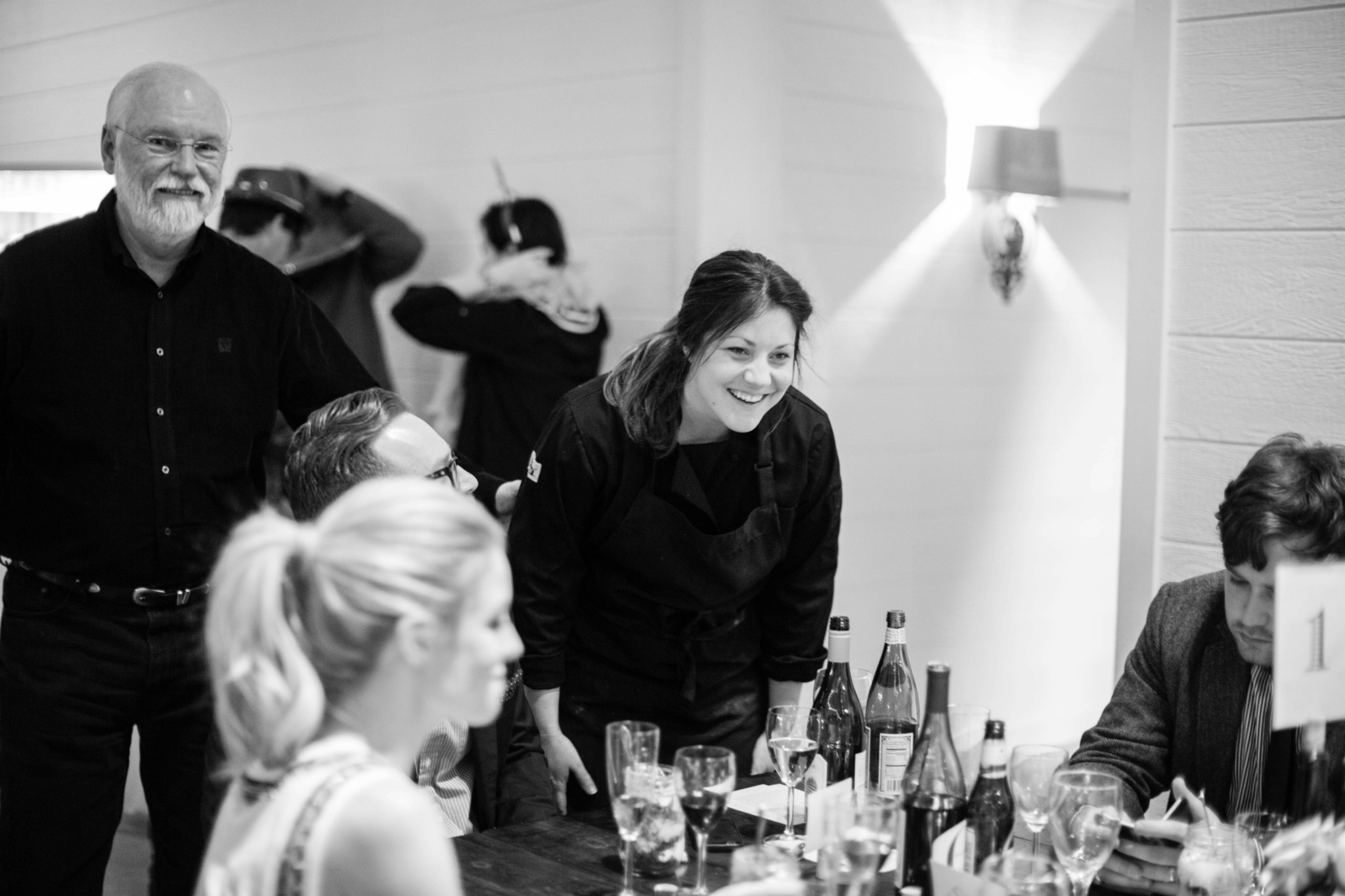
What’s a lesson you had to unlearn and what’s the backstory?
One of the biggest lessons I’ve had to unlearn is the idea that there’s a “right” way to do things. And, hear me out: I know that sounds so cliche!
Looking back, a lot of my best decisions came from not knowing the rules in the first place. At 21, I moved from small-town Louisiana to New York City with $2,000 in cash, no job, no references, and definitely no co-signer. Somehow, within one weekend, I had rented an apartment on the Upper East Side. If I’d known all the reasons it “shouldn’t” have worked, I probably never would’ve tried.
The same thing happened when we opened our venues. I knew everything about hosting events, but nothing about weddings. By all accounts, I had no business being in the industry. Yet here we are, 10 years later, having hosted more than 500 weddings.
What I’ve learned is that not knowing “how it’s supposed to be done” can actually be an advantage. It gives you permission to ask better questions and to see opportunities others overlook. Will Guidara said it best (about a conversation with hospitality great, Danny Meyer): “When you ask … ‘Why do we do it this way?’ and the only answer is, ‘Because that’s how it’s always been done,’ that rule deserves another look.”
For me, unlearning the need to follow traditions—whether in weddings or in business—has been freeing. We get so caught up in doing things the way they’ve always been done: the big white wedding, the hustle-till-you-drop business model, the markers of “success” that don’t actually serve us. Once I let go of that mindset and allowed myself to disrupt the rules, everything changed.
The sky really does open up when you stop asking for permission to do things differently.
Contact Info:
- Website: www.sainteterre.com, www.bealovebird.com, www.beforkeeps.com (launching November 2025)
- Instagram: @hollyschreiber, @sainte_terre, @bealovebird, @beforkeeps (launching November 2025)
- Facebook: https://facebook.com/sainteterreLA
- Youtube: @bealovebird
- Other: TikTok: @be.a.lovebird , @sainte_terre
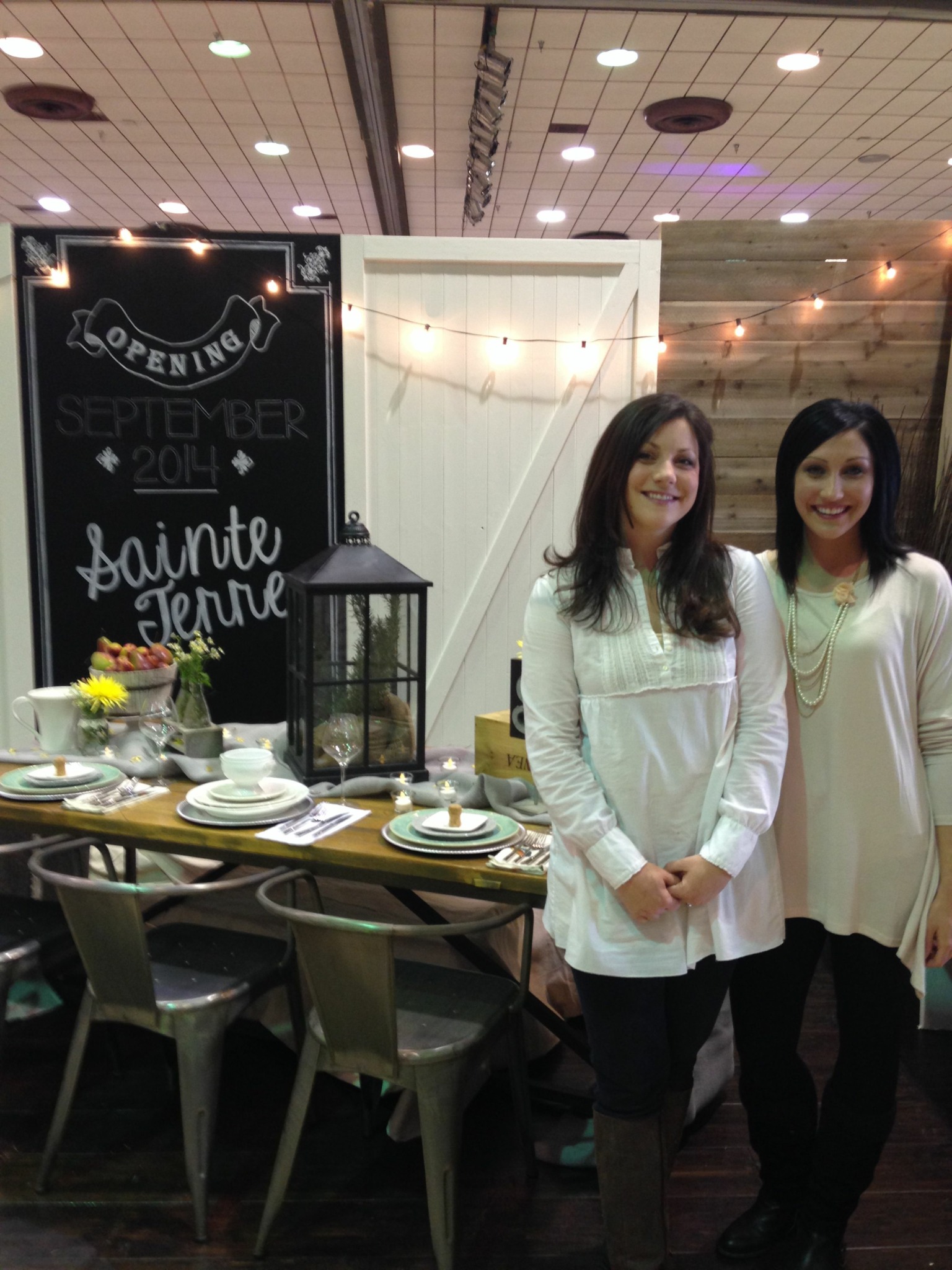
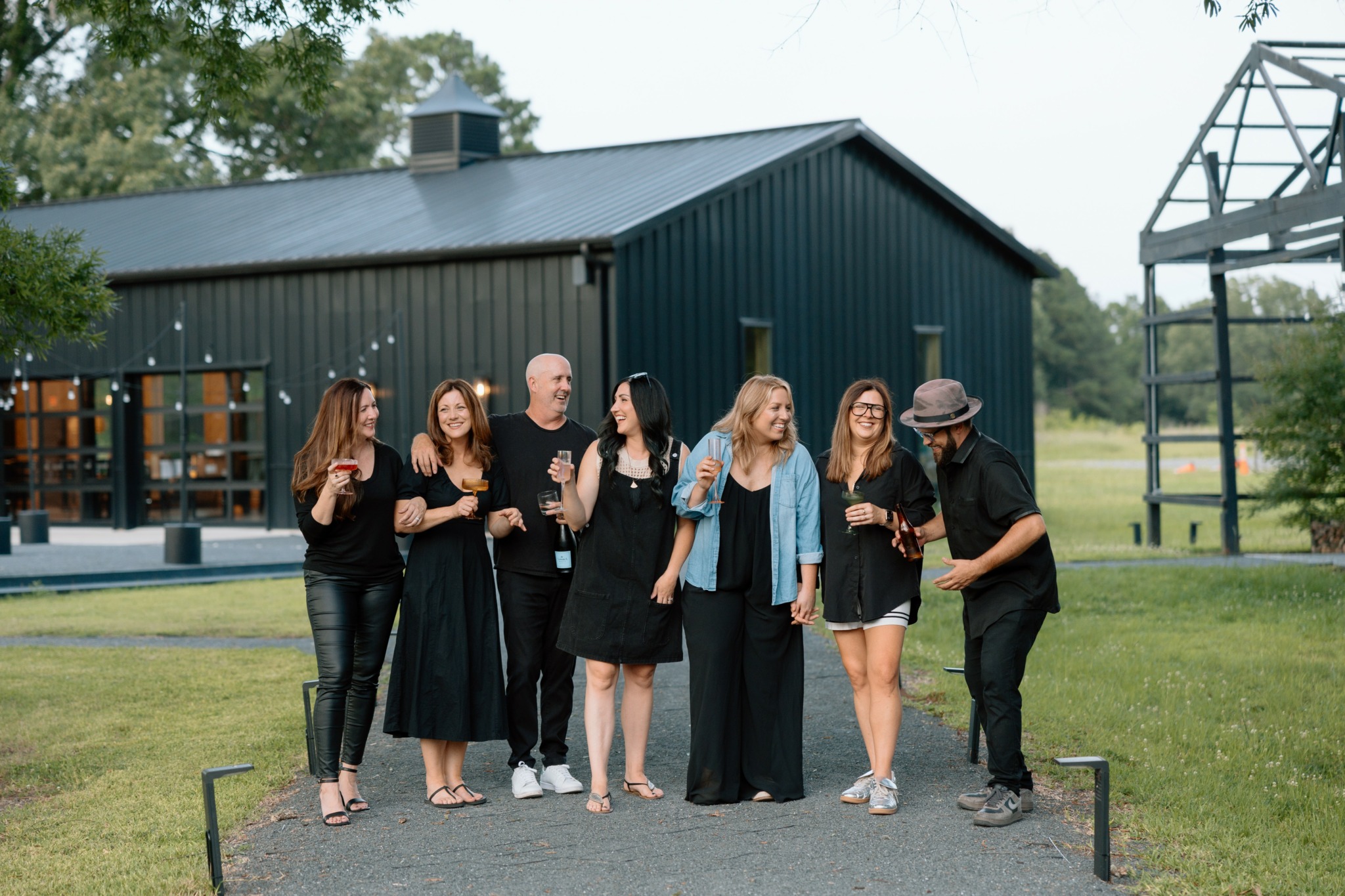
Image Credits
Christi Martin Photography


